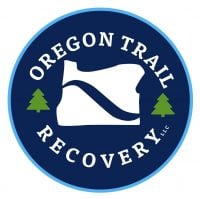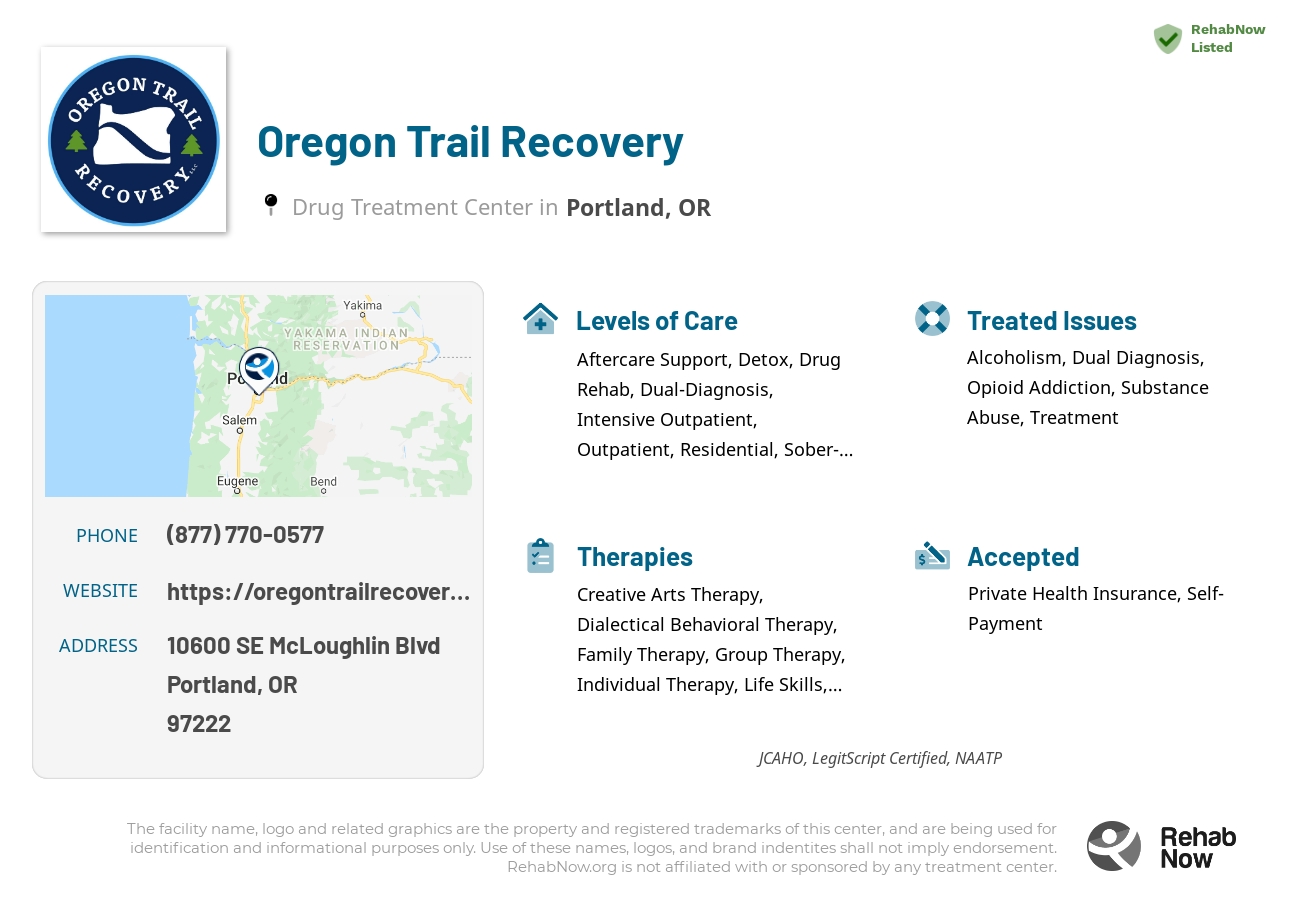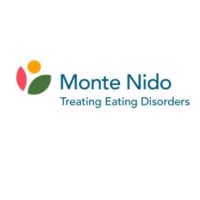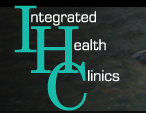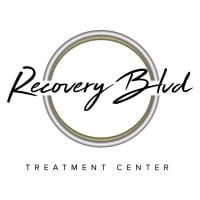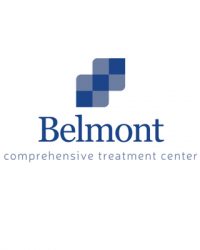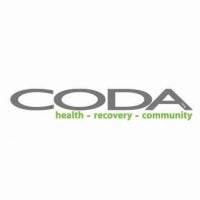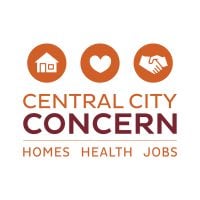Oregon Trail Recovery
Drug Rehab Center in Portland, Oregon
Oregon Trail Recovery is an accredited 20-bed addiction treatment center in Portland, OR, offering detox, rehab, and aftercare support services for alcohol addiction, opioid addiction, substance abuse, dual diagnosis, drug addiction, and mental health issues, with private health insurance accepted.
About This Portland, OR Facility
Oregon Trail Recovery is a drug and alcohol rehab located in Portland, Maine. This facility aims to provide a safe environment where clients can work on their substance addictions and learn tools to remain alcohol and drug-free long-term. Oregon Trail Recovery employs strength-based therapies and has a trained clinical staff committed to the growth and wellness of their clients.
The facility utilizes various treatment methods, including cognitive behavioral therapy, dialectical behavioral therapy, life-skills development, identifying triggers, sponsorship, spirituality sessions, and meditation. Their programs focus on engaging clients in the recovery process and assisting them in their journey towards sobriety.
Oregon Trail Recovery is a highly accredited treatment facility, recognized by JCAHO, LegitScript, and NAATP for its commitment to providing high-quality and effective treatment. With a 20-bed capacity, they offer a range of services, including residential programs, intensive outpatient programs, sober living, and a Native American recovery program called Wellbriety.
- The residential addiction treatment program lasts 3-6 months and includes support groups, 12-Step meetings, and individual/group therapy sessions.
- The intensive outpatient program (IOP) is a 3-month program providing support during transition, with a 12-Step immersion component, employment assistance, and nutrition education.
- The Wellbriety program incorporates Native American traditions, sweat lodges, drumming circles, and community meetings into the healing process.
Oregon Trail Recovery specializes in treating alcoholism, opioid addiction, substance abuse, dual diagnosis, drug addiction, and mental health issues.
Genders
Ages
Modality
Additional
Accreditations
NAATP

LegitScript

JCAHO
Conditions and Issues Treated
Using both legal medications and illegal substances in order to maintain an addiction is substance abuse. Illegal substances can become addictive after a single use. If you are obtaining legal medications illegally, you may be suffering from substance abuse.
Fortunately facilities like Oregon Trail Recovery in Portland, OR are here to help.
Opioid addiction treatment facilities in Oregon, like Oregon Trail Recovery cover both illegal and prescription opioids abuse. Most plans include detoxification and subsequent medications to ease the process. Behavioral therapies and counseling are also necessary to resolve the root cause of addiction.
When someone in Oregon struggles with both addiction and mental or emotional illness, this is considered a dual diagnosis. Dual diagnosis treatment can include emotional trauma, bipolar disorder, schizophrenia, depression. Getting treatment for these issues must occur at the same time to treat either of them effectively.
Levels of Care Offered
This center offers a variety of custom treatment tailored to individual recovery. Currently available are Aftercare Support, Detox, Drug Rehab, Dual-Diagnosis, Inpatient, Intensive Outpatient, Outpatient, Partial-Hospitalization, Residential, Sober-Living / Half-Way, with additional therapies available as listed below.
A detox program helps the person physically withdraw from drugs and helps them track their progress. So, suppose the person isn’t ready for sobriety (or relapses). In that case, the treatment professionals can catch it early and help re-orient them towards recovery.
In order to focus on the psychological aspects of addiction, one must first address the physical symptoms of withdrawal.
Withdrawal symptoms can be painful, even fatal, so managing the detox process carefully is critical. Severe withdrawal symptoms are often treated with more advanced pharmaceutical interventions. Nausea and headaches are common side effects of detoxification.
Inpatient rehabilitation aims to treat severe addictions and co-occurring disorders. Depending on individual requirements, the duration of the stay at Oregon Trail Recovery ranges from four weeks to six months. Oregon inpatient recovery guarantees that the patient resides in an environment free of drugs.
An intensive outpatient treatment program is set up for those struggling with an addiction to begin the recovery process. Patients come to Portland, OR to Oregon Trail Recovery for therapy, support, programs, and medical supervision. Intensive outpatient treatment is often very tightly scheduled and heavily structured.
Partial Hospitalization Programs (PHP) are meant for individuals experiencing trouble functioning at school or with work and other occupations, medical instability, inadequate support at home, simultaneous mental health issues, and substance use disorders in Oregon. They are also meant for those experiencing the risk of self-harm or the urge to harm others. It is a short-term treatment program offered at Oregon Trail Recovery, aiming to improve individuals enough to be reassigned to a lower level of care. The program operates within a psychiatric hospital for several hours daily, usually three to five days per week.
A sober living home in Portland, OR, also known as an SLH, is much like a halfway house. It is halfway between a drug or alcohol treatment facility and living at home. There are some specific rules and regulations residents must follow, like attending mandatory meetings, and household chore-type activities.
Residential treatment programs are those that offer housing and meals in addition to substance abuse treatment. Rehab facilities that offer residential treatment allow patients to focus solely on recovery, in an environment totally separate from their lives. Some rehab centers specialize in short-term residential treatment (a few days to a week or two), while others solely provide treatment on a long-term basis (several weeks to months). Some offer both, and tailor treatment to the patient’s individual requirements.
Treatment for substance abuse does not cease after an individual successfully completes a detox or rehabilitation program. A vital follow-up treatment service is aftercare support provided to individuals at Oregon Trail Recovery in Oregon after they attain initial sobriety.
Aftercare support often takes the following forms: 12-Step Programs, Outpatient Treatment Programs, and Support Groups. The most effective aftercare programs are tailored to meet an individual’s specific needs and circumstances.
Oregon Trail Recovery‘s Therapies & Programs
Treatment programs include individual therapy for the greatest chances of success. Customized individual therapy is counseling involving you and your Oregon Trail Recovery counselor. Individual therapy leads to greater peace and understanding about your triggers for addiction.
When family members are more proactive and involved in the treatment procedure, it encourages the patient to advance his or her progress. Moreover, it shouldn’t be ignored that genetics play a role when it comes to addiction, so it’s better to approach the problem as a unit. Also, with proper education, family members can help an individual avoid addiction triggers and guide him or her in making lifestyle changes necessary for his or her sobriety.
It has been said that unhealed trauma is the root of most addictions. Trauma therapy is a way of addressing trauma while in a safe situation in order to heal. Healing past traumas and introducing coping strategies are strong foundations for sustained recovery from addiction. This may involve individual or group counseling or both, in a Portland, OR facility. Other forms of therapy have been proven to assist in healing past traumas.
Dialectical Behavior Therapy (DBT) helps those who attend Oregon Trail Recovery understand how their feelings, beliefs, and thoughts affect their behaviors. DBT is particularly useful for people with self-harming behaviors, as well as those with substance abuse disorders. DBT teaches people how to tolerate distress, regulate their emotions, and how to become mindful.
Cognitive Behavioral Therapy (CBT) is a type of psychotherapy that focuses on the underlying thoughts and behaviors that caused the problem of addiction in the first place and may cause a relapse. Negative feelings are common in substance abuse disorders, and if not recognized, they can cause co-occurring disorders.
CBT involves strategies that help to change the thinking and behavioral pattern by cognitive restructuring. In simple terms, it helps to remove negative thoughts and provides long-term benefits. Also, CBT promotes self-awareness, self-control, and healthy ways to respond to negative thoughts. It can be administered as a mono-therapy as well as a part of combination therapy.
In the midst of an addiction certain healthy habits and behaviors can be forgotten or discarded altogether. While in treatment you will learn life skills that will help you successfully maintain sobriety and rebuild your life in Portland, OR. Some examples of this are time management, social skills, nutrition, hygiene, stress management and taking care of yourself.
The 12-step program is a part of substance abuse treatment. In this program, peers help each other to achieve the goal of abstinence. It was initially developed by the founders of Alcoholics Anonymous. Due to its huge success, the 12-step program is included as a part of other substance abuse treatments.
The 12 steps guide at an individual level. It begins with the individuals accepting that they are addicts, and they understand its consequences. It is followed by focusing on the recovery process and making amends for hurting others. The program provides the benefit of cognitive restructuring, which refers to the process of change in the negative thoughts that leads to long-term benefits.
Patient Experience
Creative Arts
Many people opt for creative arts therapy at Oregon Trail Recovery because allowing out the creative side helps them process many situations. Creative arts therapy can include singing, playing instruments, writing, sculpting, fashion, painting, improv, building, and more. The creation process helps people think through puzzles to achieve and end result, which can then be applied to the process from addiction through recovery.
Fitness Therapy
Recovery from addiction involves recovering the body and mind. Learning how to take care of yourself includes physical fitness. Studies have shown that exercise increases abstinence rates and ease withdrawal symptoms.
Payment Options Accepted
For specific insurance or payment methods please contact us.
Is your insurance accepted?
Ask an expert, call (888) 674-0062
Additional Details
Specifics, location, and helpful extra information.
Portland, Oregon 97222 Phone Number(877) 770-0577 Meta DetailsUpdated April 15, 2024
Staff Verified
Is Oregon Trail Recovery a LegitScript Verified Treatment Facility?
According to our most recent records, we have found this center to be LegitScript verified.
Patient Reviews
Excellent Recovery Program. Staff Is Very Knowledgeable And Compassionate. Give You The Tools To Change Your Life And For Success. Willing To Work With You And Help Solve Any Impediments That Might Come Up. Saved My Life. It’s Unfortunate That People Feel The Need To Come And Leave Reviews Where They Feel The Need To Tell Only A Partial Truth About Their Experience And Fail To Disclose Their Own Responsibility In Their Negative Feelings Because They We’re Expected To Follow Rules They Were Made Aware Of In The Begining And The Expectation They Be Accountable For Their Recovery And How They Use The Tools We Are Given. Instead They Want To Complain And Possibly Prevent Someone From Seeking Help At A Business That Is Saving Lives. Forever Grateful.
Portland, Oregon Addiction Information
Oregon’s drug abuse rates are higher when compared to other states in the country, and currently ranks 5th in the nation for drug-related health issues. Marijuana and prescription opioids are among the top drugs most often abused by teenagers in Oregon. Alcohol abuse in the state is also higher than average; over 6.25% of residents abuse alcohol every year.
The drug addiction problem in Portland, OR, is relatively inadequate. Over 124,000 people in Portland reported using illicit drugs in the past month of 2014. Additionally, over 2,200 people in Portland died from drug overdoses in 2016. Drug addicts often turn to crime to get money to buy drugs, which can negatively impact the community. There are many types of treatment available in Portland including inpatient and outpatient care and 12-step programs.
Treatment in Nearby Cities
- Milton Freewater, OR (208.3 mi.)
- Medford, OR (216.1 mi.)
- Tualatin, OR (8.3 mi.)
- Oakridge, OR (117.9 mi.)
- Albany, OR (60.4 mi.)
Centers near Oregon Trail Recovery
The facility name, logo and brand are the property and registered trademarks of Oregon Trail Recovery, and are being used for identification and informational purposes only. Use of these names, logos and brands shall not imply endorsement. RehabNow.org is not affiliated with or sponsored by Oregon Trail Recovery.
